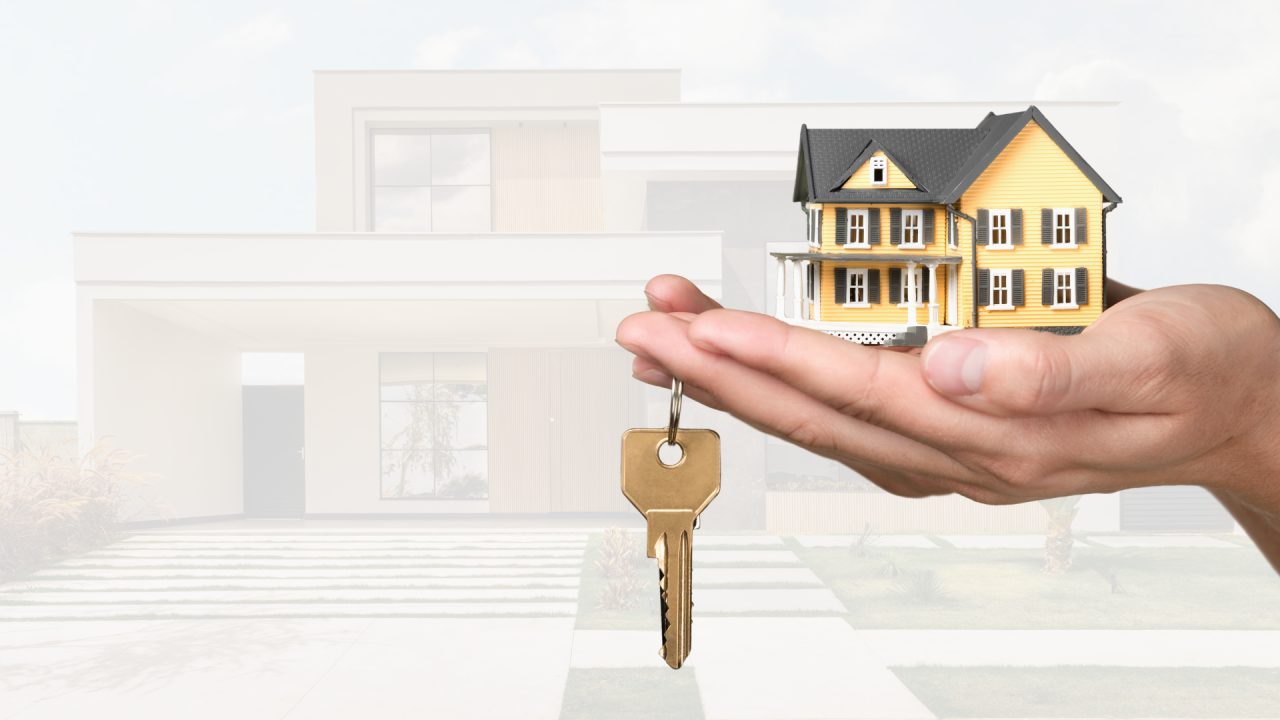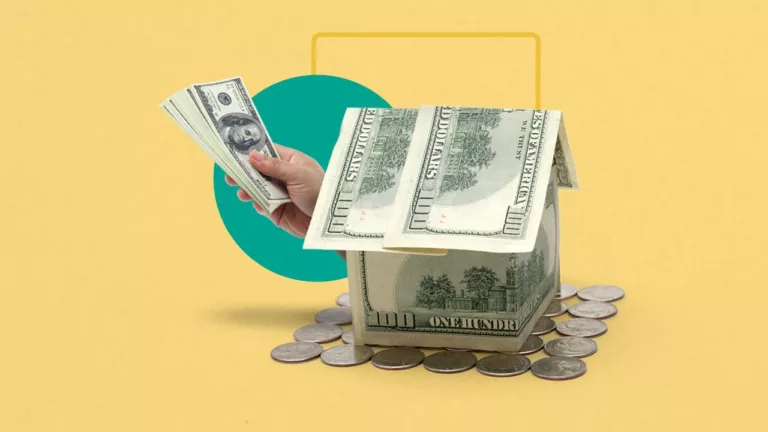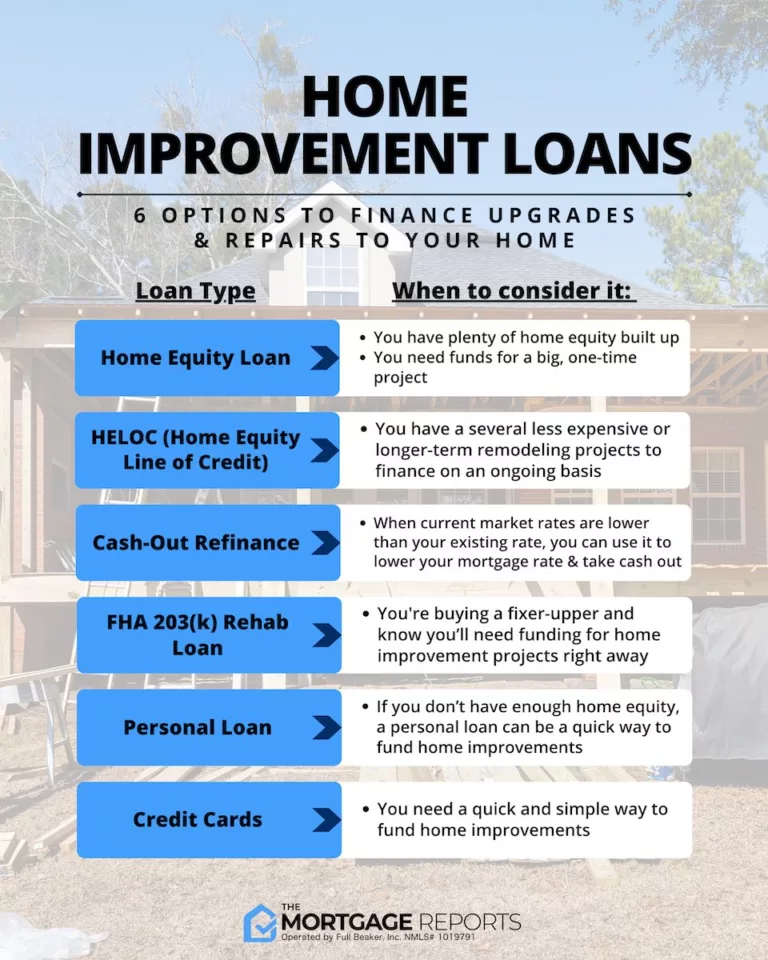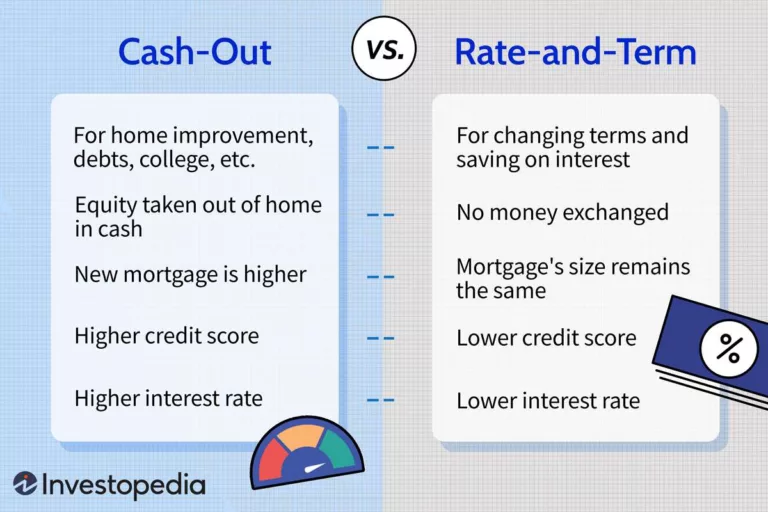What is a Leasehold Mortgage: Unlocking the Secrets
A leasehold mortgage is a loan secured by a leasehold interest in a property, usually a long-term lease with rights to use and possess the property for a specified period. Leasehold mortgages are commonly used for commercial properties, and the mortgage holder has the right to take possession and sell the property if the borrower defaults on the loan.
Leasehold mortgages are a type of financing option that allows individuals or businesses to borrow money against their leasehold interest in a property. This type of mortgage is often utilized when purchasing or refinancing a commercial property. It involves pledging the leasehold interest as collateral for the loan, which gives the lender the right to sell the property if the borrower fails to meet their loan obligations.
This makes leasehold mortgages slightly different from traditional mortgages that are secured by the ownership of the property. Overall, leasehold mortgages offer a viable option for businesses looking to access capital while utilizing a long-term lease agreement.

Credit: m.facebook.com
Exploring Leasehold Mortgages
What Is A Leasehold Mortgage?
A leasehold mortgage refers to a mortgage loan secured by a leasehold interest in a property. In simple terms, it is a type of loan based on a leasehold agreement rather than actual ownership of the property. With a leasehold mortgage, the lender accepts the leasehold interest as collateral for the loan.
Understanding The Basics Of Leasehold Mortgages
Leasehold mortgages are commonly used in situations where the property you want to buy is held under a lease agreement rather than owned outright. In such cases, you, as the buyer, will hold the leasehold interest in the property for a specified period of time.
The lease agreement outlines the rights and responsibilities of both the leaseholder (you) and the lessor (the property owner). This agreement typically specifies the duration of the lease, payment of ground rent, maintenance responsibilities, and other terms and conditions.
When you apply for a leasehold mortgage, the lender will carefully review the leasehold agreement to assess the risks involved. They will evaluate factors such as the remaining lease term, ground rent, and leasehold valuation, among others. Your lender will also consider your financial situation and credit history to determine your eligibility for the leasehold mortgage.
It’s worth noting that leasehold mortgages may have certain restrictions or limitations. For instance, your ability to make structural alterations to the property or extend the lease might be subject to approval from the lessor. Additionally, the lender may require you to maintain the property according to certain standards, as outlined in the lease agreement.
In conclusion, a leasehold mortgage offers an alternative financing option for individuals looking to purchase a leasehold property. While it comes with its own set of considerations and limitations, a leasehold mortgage can provide you with the opportunity to own a property without the need for full ownership.

Credit: www.facebook.com
Advantages Of Leasehold Mortgages
Leasehold mortgages offer several advantages for property buyers, making them an attractive option in the real estate market. This type of mortgage grants the right to occupy a property for a specified lease term, typically ranging from 99 to 999 years. Let’s explore the key advantages of leasehold mortgages.
Flexibility In Property Ownership
Leasehold mortgages provide flexibility in property ownership by allowing buyers to enjoy the benefits of owning a property without the financial burden of purchasing the freehold. With a leasehold mortgage, you can have complete control over the property for the duration of the lease term, giving you the freedom to renovate, rent out, or even sell the property.
Lower Initial Costs
Leasehold mortgages often come with lower initial costs compared to freehold properties. This is because you are essentially purchasing the right to use the property rather than buying the property outright. This lower upfront cost can be particularly beneficial for first-time buyers or those on a tighter budget, as it allows them to enter the property market with less financial strain.
Potential For Investment
A leasehold mortgage presents a potential opportunity for investment. If you decide to rent out the property, you can generate a steady rental income throughout the lease term. This can be a valuable source of passive income and contribute to your overall financial stability. Moreover, should the property’s value increase over time, you could potentially sell it at a higher price, generating a capital gain and securing a return on your investment.
In conclusion, leasehold mortgages provide flexibility, lower initial costs, and potential investment opportunities for property buyers. By understanding these advantages, you can make an informed decision that aligns with your financial goals and aspirations.
Considerations And Challenges
A leasehold mortgage presents unique considerations and challenges. It involves borrowing against a property where the homeowner holds a lease rather than owning the land outright. Navigating the complexities of lease terms and restrictions is essential when securing a leasehold mortgage.
Considerations and Challenges When it comes to leasehold mortgages, there are several considerations and challenges that potential buyers need to be aware of. From the length of the leasehold to ground rent and service charges, and leasehold extensions and renewals, each aspect comes with its own set of factors to reckon with. Length of Leasehold The length of the leasehold is a crucial factor to consider when taking out a leasehold mortgage. Most leaseholds have a specific term, typically ranging from 99 to 125 years. It’s important to keep in mind that as the lease gets shorter, the property’s value may decrease. Therefore, it is essential to assess the length of the lease and how much time remains before considering taking on a leasehold mortgage. Ground Rent and Service Charges Another vital aspect of leasehold mortgages is ground rent and service charges. Ground rent refers to the fee paid by the property owner to the freeholder for the land on which the property stands. Service charges, on the other hand, cover the costs associated with the maintenance and upkeep of communal areas. It’s important to understand the terms of ground rent and service charges before committing to a leasehold mortgage, as they can significantly impact your monthly expenses. Leasehold Extensions and Renewals As the lease term nears its end, leaseholders may face the need for leasehold extensions or renewals. A leasehold extension involves adding years to the existing lease, while a leasehold renewal is the process of acquiring a new lease altogether. Both options come with their own set of challenges and costs. Understanding the process and potential costs associated with leasehold extensions and renewals is essential to avoid any surprises down the line. In conclusion, there are several considerations and challenges that come with a leasehold mortgage. From assessing the length of the leasehold to understanding the impact of ground rent and service charges and the potential need for leasehold extensions or renewals, buyers must have a clear understanding of the intricacies involved. By taking these factors into account, you can make an informed decision when considering a leasehold mortgage.Tips For Obtaining A Leasehold Mortgage
When it comes to buying a leasehold property, understanding the intricacies of a leasehold mortgage is crucial. A leasehold mortgage is a type of loan that allows you to buy a property where you only have the right to use the property for a specified period of time. Here are some important tips to keep in mind when obtaining a leasehold mortgage.
Researching The Leasehold Agreement
Before proceeding with a leasehold mortgage, it is essential to thoroughly research the leasehold agreement. This includes reviewing the terms and conditions, length of the lease, and any potential restrictions or obligations that may affect the property. Take the time to understand what you are signing up for, as this will greatly impact your ability to obtain a mortgage for the property.
Working With A Qualified Solicitor
Engaging the services of a qualified solicitor specializing in leasehold properties is highly recommended. A solicitor will assist you in navigating the legal aspects of the leasehold agreement, ensuring that your rights are protected and that you are fully aware of any potential risks or obligations. They will also review the leasehold agreement for any unfavorable clauses or conditions that could impact your mortgage application.
Understanding Lender Requirements
Each lender may have specific requirements when it comes to leasehold mortgages. It is crucial to understand these requirements in order to increase your chances of obtaining a leasehold mortgage. Lenders typically take into consideration factors such as the length of the lease, ground rent charges, service charges, and the overall financial stability of the leasehold property. Make sure to gather all the necessary information and documentation to satisfy the lender’s requirements.
By conducting thorough research on the leasehold agreement, working with a qualified solicitor, and understanding lender requirements, you can enhance your chances of obtaining a leasehold mortgage. Remember that taking the time to fully comprehend the implications of a leasehold property and addressing any potential issues upfront can make the process smoother and help you secure the financing you need.
Potential Risks And Pitfalls
When investing in a leasehold mortgage, it is crucial to be aware of the potential risks and pitfalls that could affect your investment. Understanding these issues can help you make informed decisions and mitigate any potential challenges that may arise down the line.
Impact Of Leasehold Scandals
Leasehold scandals have become a significant concern for many property owners in recent years. These scandals often involve leasehold terms that are unfair or contain hidden clauses that can significantly impact homeowners.
One of the primary issues with leasehold scandals is the escalating ground rent. Some developers have included clauses that allow the ground rent to increase dramatically over time. As a result, homeowners find themselves burdened with exorbitant ground rent payments, making it increasingly difficult to afford their homes.
The negative impact of these scandals does not end at escalating ground rents. Another potential pitfall is the imposition of onerous maintenance and service charges. In some cases, property owners have been hit with unexpected charges that were not adequately disclosed during the purchase process. These surprise charges can put a significant strain on homeowners’ finances.
Furthermore, leasehold scandals have also revealed unfair restrictions on leasehold properties. Homeowners have found themselves facing limitations on making modifications to their properties or restrictions on subletting. These restrictions can severely impact a property’s marketability and limit the potential for customization.
Future Marketability Of Leasehold Properties
An important consideration when investing in a leasehold mortgage is the future marketability of the property. As mentioned earlier, leasehold scandals can have a detrimental effect on a property’s market value.
Properties subject to unfair leasehold terms may be deemed less desirable to potential buyers, resulting in a reduced pool of interested parties when it comes time to sell. This limited market demand can lead to difficulties in finding a buyer and potentially affect the selling price negatively.
Moreover, many mortgage lenders have become increasingly wary of leasehold properties due to the risks associated with leasehold scandals. This cautious approach can make it more challenging for potential buyers to secure financing for leasehold properties, further limiting the market and impacting the property’s future marketability.
It is essential to thoroughly research and understand the leasehold terms, restrictions, and potential risks associated with the property before entering into a leasehold mortgage. Having a comprehensive understanding of the impact of past leasehold scandals and the future marketability of leasehold properties will empower you to make well-informed decisions and protect your investment.

Credit: www.yourcarbuyingadvocate.com
Frequently Asked Questions On What Is A Leasehold Mortgage
What Is The Difference Between Leasehold And Freehold?
Leasehold means you have the right to use a property for a fixed period, but don’t own the land. Freehold means you own both the property and the land it stands on.
What Is The Difference Between Leasehold And Fee Simple Mortgage?
Leasehold and fee simple mortgage differ in ownership rights. Leasehold grants temporary ownership with monthly rent, while fee simple offers full ownership without rent.
What Is A Leasehold Interest?
A leasehold interest refers to the right to use and occupy a property for a specified time period. It is a type of property ownership where the lessee holds the property temporarily from the lessor. The lessee pays rent and follows the terms outlined in the lease agreement.
What Is A Leasehold Estate In Real Estate?
A leasehold estate in real estate refers to a lease agreement where a tenant has the right to use a property for a specific period, typically ranging from a few months to several years. The tenant doesn’t own the property but has exclusive possession and pays rent to the landlord.
Conclusion
A leasehold mortgage is a type of mortgage where the borrower owns the home, but not the land it sits on. It comes with its own set of advantages and disadvantages, making it an important consideration for home buyers. Understanding the terms and conditions of a leasehold mortgage is crucial before making any decisions.
By staying informed and seeking professional advice, potential homeowners can make the best choice for their financial future.




